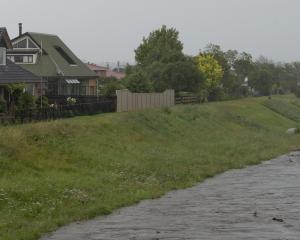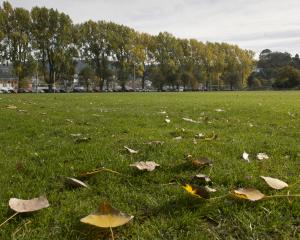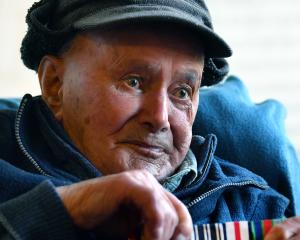People no longer eligible for a state house seem to have accepted the change and were trying to find housing in the private sector, Dunedin social service agencies say.
In May, Housing New Zealand announced only those with severe or high housing needs would be placed on the waiting list for a state house. New applicants assessed as being in the C and D categories with moderate or low needs would not go on the list, but staff would assist them to find a house elsewhere.
Anyone already on the list in the C and D categories could remain there but it was unlikely they would be allocated a house unless their circumstances changed.
Figures supplied by the department show applicants in the lower categories have removed themselves from the list in droves. At the end of June, 103 people across the Southern region, covering the lower South Island from Timaru south, were in the C and D categories. By the end of last month the total had dropped to only 31.
The biggest impact was in Dunedin, where C and D category applicants dropped from 40 to 13. The number of applicants in the Southern region with severe or high housing also dropped over the same period, from 89 to 63. The Dunedin waiting list dropped from 48 to 33.
The Rev Dennis Povey, who recently completed another report into poverty in Dunedin for Presbyterian Support, said telling people clearly they were no longer eligible for a state house was not necessarily a bad thing.
Presbyterian Support staff had been helping clients through the change by examining their budgets, ensuring they received accommodation supplements, and showing them they might be able to afford a private rental, he said.
Anglican Family Care director Nicola Taylor said her organisation had not seen an increased number of people seeking assistance with housing since July.
"When there is a criteria change the word gets out quite quickly ... People accept it and move on."
She said not everyone could afford a private rental and very little low-cost housing was available because units owned by trusts or charities or the Dunedin City Council were also offered to priority clients who met certain criteria.
The city council administers more than 950 flats, with 80% of those set aside for people on low incomes over the age of 55.
The number of people applying for council flats had not increased since July, manager Sharron Tipa said. The waiting list stood at 110, about the same as usual.
Housing New Zealand acting director of operations (southern) called the change "a success story".
The department was "painting a realistic picture as it can" for applicants and assisting them to look at alternative options such as private rentals, flatting or home ownership.
Customers had generally responded positively, she said.












